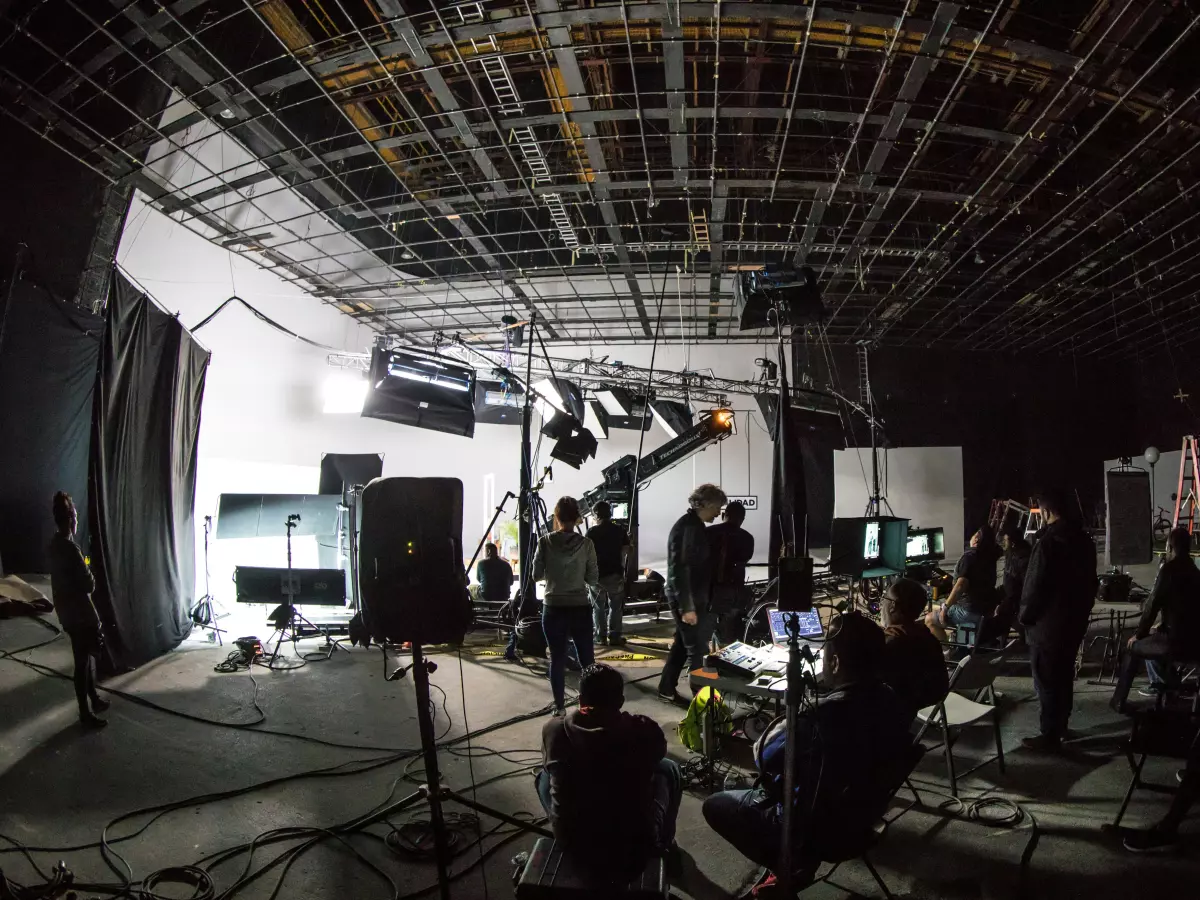Finance vs Healthcare
AI is everywhere, but when it comes to finance and healthcare, the stakes—and the impact—couldn't be more different. Yet, both industries are racing to harness AI's full potential. So, who's winning?

By Carlos Martinez
Artificial Intelligence (AI) has been the buzzword of the decade, but its applications are far from uniform across industries. Two sectors that have been particularly aggressive in adopting AI are finance and healthcare. Both are high-stakes fields where the consequences of failure can be catastrophic—whether it's a stock market crash or a misdiagnosis. But while AI is making waves in both, the way it's being used, and the challenges each industry faces, are worlds apart.
In finance, AI is often seen as a tool for optimization. From high-frequency trading to fraud detection, the goal is to make systems faster, smarter, and more efficient. In healthcare, however, AI is being used to save lives—literally. From diagnosing diseases to predicting patient outcomes, the stakes are incredibly high. But which industry is pushing the boundaries of AI innovation further? Let's dive in.
AI in Finance: Speed, Precision, and Profit
In the world of finance, AI is all about speed and precision. Algorithms are used to analyze vast amounts of data in real-time, making decisions that would be impossible for humans to process in the same time frame. High-frequency trading (HFT) is a prime example. Here, AI algorithms execute trades in milliseconds, taking advantage of tiny fluctuations in the market to generate profit. It's a game of speed, and AI is the undisputed champion.
But it's not just about speed. AI is also being used to detect fraud, assess credit risk, and even predict market trends. Machine learning algorithms can analyze historical data to identify patterns that humans might miss. This has led to more accurate predictions and, in some cases, higher profits.
However, the use of AI in finance isn't without its challenges. One of the biggest concerns is transparency. AI algorithms, particularly those that use machine learning, can be incredibly complex, making it difficult for even their creators to understand how they work. This 'black box' problem has raised concerns about accountability, especially when things go wrong. After all, if an AI algorithm makes a bad trade or fails to detect fraud, who's to blame?
AI in Healthcare: Saving Lives, One Algorithm at a Time
While finance is all about speed and profit, healthcare is about precision and care. AI in healthcare is being used to diagnose diseases, predict patient outcomes, and even assist in surgeries. One of the most exciting applications of AI in healthcare is in medical imaging. Algorithms can analyze images from MRIs, CT scans, and X-rays to detect abnormalities that might be missed by the human eye. In some cases, AI has been shown to be more accurate than human doctors.
Another area where AI is making a big impact is in drug discovery. Traditionally, developing a new drug can take years and cost billions of dollars. But with AI, pharmaceutical companies can analyze vast amounts of data to identify potential drug candidates much faster. This has the potential to revolutionize the industry, bringing life-saving drugs to market more quickly and at a lower cost.
But like finance, healthcare also faces challenges when it comes to AI. One of the biggest is data privacy. Medical data is highly sensitive, and there are strict regulations in place to protect patient privacy. This can make it difficult to collect and analyze the data needed to train AI algorithms. Additionally, there are concerns about the accuracy of AI diagnoses. While AI can be incredibly accurate, it's not infallible. A misdiagnosis could have life-threatening consequences, raising questions about liability and trust.
Comparing the Two: Speed vs Precision
So, which industry is leading the AI race? It's hard to say. In finance, AI is all about speed and precision. Algorithms are designed to process vast amounts of data in real-time, making split-second decisions that can result in huge profits—or losses. In healthcare, the focus is on precision and care. AI is being used to diagnose diseases, predict patient outcomes, and assist in surgeries. The stakes are incredibly high, and the consequences of failure can be life or death.
One of the key differences between the two industries is the level of regulation. Finance is heavily regulated, but the rules are often more flexible than those in healthcare. This has allowed AI to be adopted more quickly in finance, where the focus is on profit. In healthcare, the regulatory environment is much stricter, particularly when it comes to data privacy. This has slowed the adoption of AI, but it's also ensured that the technology is used more carefully.
Another key difference is the level of transparency. In finance, the 'black box' problem is a major concern. AI algorithms can be incredibly complex, making it difficult to understand how they work. This has raised concerns about accountability, particularly when things go wrong. In healthcare, transparency is also a concern, but the stakes are much higher. A misdiagnosis could have life-threatening consequences, making it even more important to understand how AI algorithms work.
The Future of AI in Finance and Healthcare
Looking to the future, it's clear that AI will continue to play a major role in both finance and healthcare. In finance, we can expect to see even more sophisticated algorithms being developed, particularly in areas like fraud detection and risk assessment. The focus will likely remain on speed and precision, with AI being used to make faster and more accurate decisions.
In healthcare, the future of AI is equally exciting. We can expect to see more AI-powered tools being developed to assist doctors in diagnosing diseases, predicting patient outcomes, and even performing surgeries. The focus will likely remain on precision and care, with AI being used to improve patient outcomes and reduce the cost of healthcare.
However, both industries will need to address the challenges they face. In finance, the 'black box' problem will need to be solved to ensure accountability and transparency. In healthcare, data privacy will continue to be a major concern, and the accuracy of AI diagnoses will need to be improved to ensure patient safety.
Ultimately, the race between AI in finance and healthcare isn't about who's winning—it's about how both industries are using AI to push the boundaries of what's possible. Whether it's making faster trades or saving lives, AI is transforming both industries in ways we could have never imagined.
So, next time you hear about AI making headlines, remember: it's not just about robots or self-driving cars. It's about the algorithms quietly working behind the scenes in industries like finance and healthcare, changing the world one decision at a time.
And if you're wondering which industry will come out on top? Well, that's a story still being written.





